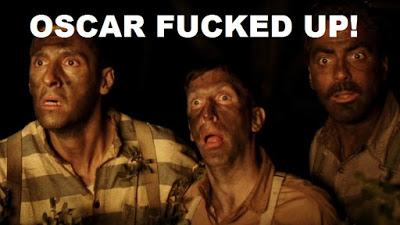Henry Koster: The Bishop’s Wife
Edward Dmytryk: Crossfire
George Cukor: A Double Life
Elia Kazan: Gentleman’s Agreement (winner)
David Lean: Great Expectations
What’s Missing
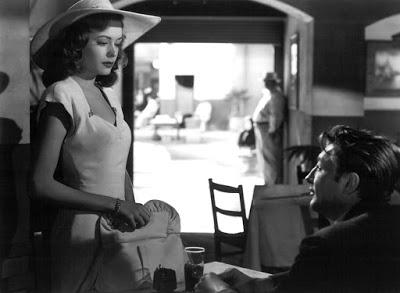
For whatever reason, 1947 is one of the most under-populated years from the 1001 Movies list. There are a mere four films from this year that have ever appeared on the list. None of those four are represented in this set of nominations. Of those four movies, I’d put Out of the Past here as one of the best efforts of the great Jacques Tourneur. With Henry Koster and The Bishop’s Wife already nominated, there may not have been room for George Seaton and Miracle on 34th Street. The Academy already hated Orson Welles at this point, which accounts for the snub on The Lady from Shanghai. Robert Rossen’s work on Body and Soul might merit some attention. But really, I do not understand how the team of Powell and Pressburger were ignored for Black Narcissus.
Weeding through the Nominees
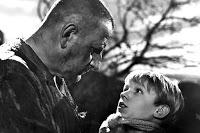
5. I tend to like the work of David Lean, but Great Expectations, while not bad, is not one of my favorites. Lean does a good enough job with the material, but I don’t really see the direction here as being that noteworthy. I also dislike the source material, so that’s going to affect where I place this as well. I don’t like this story—I consider a reliance on coincidence (and that’s Dickens for you) to be a sign of shoddy writing. Lean is fine, but this doesn’t belong here.

4. A Double Life is all about Ronald Colman’s performance, and it’s a dandy one. The film is an interesting one in a lot of ways, but it goes off the rails in the third act. A great deal of that comes from the screenplay, of course, but it’s the director’s job to recognize that and take steps to rehabilitate the story when necessary. As much as I like and respect George Cukor, he didn’t do that here, and so A Double Life suffers as a result. Honestly, this wouldn’t make my top-five for Cukor, and were it left off the nominations, I wouldn’t much mind.

3. I liked The Bishop’s Wife quite a bit. In fact, of the five nominations here, it’s my favorite by a pretty good stretch. I think it’s a very sweet movie, one that dips heavily into religious fantasy but works in spite of it. It’s well cast and the story is one that still manages to resonate today. So why is it third? Because I’m not sure how much Henry Koster had to do here to make this work. It’s a solid screenplay and with the cast that we’re given, you’d have to be a complete amateur to not have something watchable at the end.

2. Crossfire is a supremely odd film in a number of respects. This is a murder mystery in many respects, but we learn of the identity of the killer long before the end of the film, so that the third act becomes about capturing the killer, not revealing his identity. There are so many things that don’t work with Crossfire that the fact it’s a coherent film at all is a testament to how much work Edward Dmytryk put into it. It’s a good reminder that even a very flawed story can be made to work in the hands of a talented story teller.
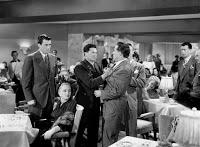
1. The thing I respect about Gentleman’s Agreement more than anything else is the stance that it takes. It would seem to be a no-brainer that in 1947, a couple of years after the revelation of the Holocaust, a film about anti-Semitism wouldn’t be a hard sell. And yet it evidently wasn’t an easy one because anti-Semitism has deep, ugly roots. I object to the ending in the sense that the relationship we get is not the relationship the film or the characters deserve. But Elia Kazan did a damn fine job bringing this to the screen. Of the five, I get the win, but I’m not limited to these nominations, and in this year, I refuse to be.
My Choice
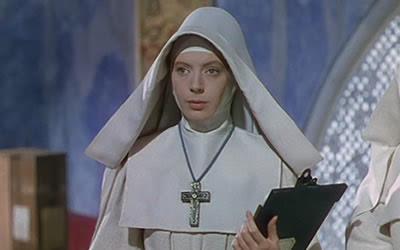
As much as I respect Gentleman’s Agreement, I do not understand how Powell and Pressburger were left off the list. Black Narcissus is a movie about nuns in the Himalayas and it’s absolutely fascinating. That shouldn’t be possible. They are the clear winners for this year.
Final Analysis
